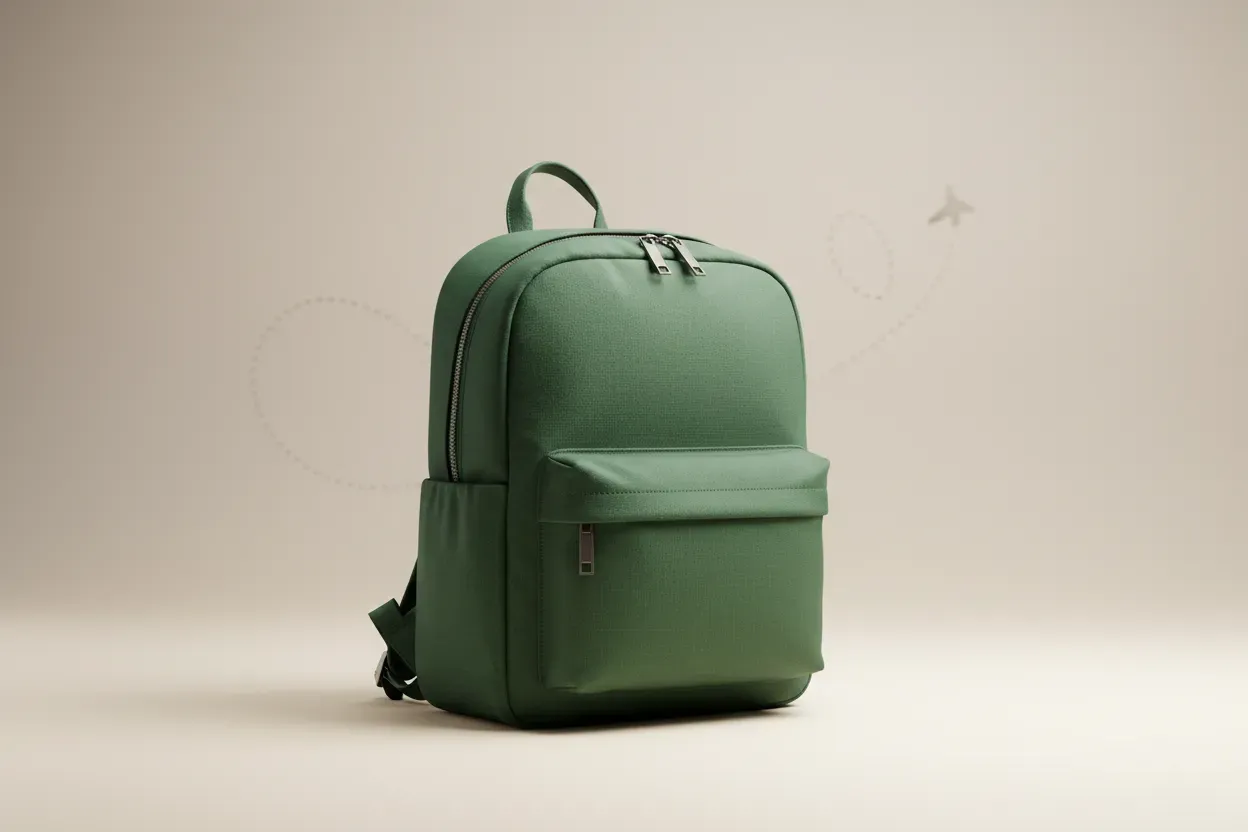How Do You Handle Disagreements With Friends?
Conflicts with friends can be challenging, yet they often hold the key to stronger relationships if navigated wisely. This article offers eight insightful approaches to resolving disagreements with friends, starting with the importance of listening and addressing issues of conflict. Among the strategies shared, listening and addressing the central issues and the art of agreeing to disagree stand out. Dive into this comprehensive guide to discover all the nuanced ways to maintain and strengthen your friendships through effective conflict resolution.
- Listen and Address Issues of Conflict
- Keep Communication Lines Open
- Understand Perspectives Before Responding
- Find Shared Values and Beliefs
- Respect Differences in Opinions
- Focus on the Specific Issue
- Take a Break to Cool Down
- Agree to Disagree When Necessary
Listen and Address Issues of Conflict
Navigating disagreements with friends requires empathy and a focus on finding common ground. One successful approach I’ve found is addressing the issue with an open mindset, rather than jumping to conclusions or defending my stance right away.
There was a time when a close friend and I disagreed on approaching a shared project. Instead of letting the tension build, I invited them for lunch to talk things through, knowing we needed a more relaxed environment to get to the heart of the matter.
I started by listening to their perspective without interrupting, which helped me understand their concerns better. By doing that, it softened the conversation, and we were able to explore solutions that worked for both of us.
The key was being willing to compromise and see things from their side, just like in business, where understanding different viewpoints often leads to the best outcomes.
 Aseem Jha
Aseem Jha
Founder, Legal Consulting Pro
Keep Communication Lines Open
Handling conflicts with friends can be complicated, but I know the best technique that I employ regularly. As the Director-General of Best Diplomats, I most often deal with disagreements in a professional capacity, and these can relate to personal situations.
In case of a disagreement, I always try to keep the communication line as open as possible. I also do not attempt to interrupt my friend, which allows me to get his or her view on the argument. For instance, when we were arguing about which social occasion venue to select, I realized my friend had family issues to consider.
Subsequently, I explain my ideas to the opponent without aggression and tension, seeking similarities instead of arguing.
Finally, I can compromise, and this is only where I believe it is applicable. It is opposed to the former approach because it solves the conflict and deepens the friendship between two people.
Anyone should talk to the other person honestly and act the same way toward him or her, as well as find a proper middle ground between the two of you. These steps promote embracing and enable one to sustain strong relationships in business and personal life.
 Fawad langah
Fawad langah
Director General, Best Diplomats
Understand Perspectives Before Responding
Navigating disagreements with friends, like any relationship, requires a balance of open communication, empathy, and patience. Over the years, both personally and professionally, I’ve learned the importance of listening before responding.
A key principle that’s guided me, particularly in my role as a physiotherapist, is the value of understanding someone’s perspective before offering a solution. This applies just as well to personal disagreements. When we approach conflicts from a place of curiosity rather than defensiveness, it opens the door for more constructive conversations. My years of experience working with clients to identify the root causes of their physical pain have also taught me to delve deeper into understanding what’s really driving an issue.
I remember a specific instance when a close friend and I had a disagreement over a business decision we were making together. The tension was high, and we both felt strongly about our positions. Instead of letting emotions dictate the conversation, I applied the same problem-solving approach I use in physiotherapy. I stepped back, asked clarifying questions, and listened to his concerns without jumping in with my own.
By focusing on understanding his motivations and recognizing that our goals were actually aligned, we were able to find common ground and reach a resolution that benefited both of us. My training in critical thinking and conflict resolution, honed through years of treating patients and managing teams at The Alignment Studio, played a big role in navigating that disagreement successfully. The outcome not only preserved our friendship but also strengthened our collaboration moving forward.
 Peter Hunt
Peter Hunt
Director & Physiotherapist at the Alignment Studio, The Alignment Studio
Find Shared Values and Beliefs
When disagreements arise between friends, finding shared values or beliefs can help bridge the gap. By focusing on what both parties have in common, the conversation can move in a more positive direction. This approach allows each person to feel heard and valued.
It can transform the disagreement into an opportunity for deeper understanding. Give it a try and see how common ground can bring friends closer together.
Respect Differences in Opinions
Acknowledging that friends can have different opinions is crucial in handling disagreements. Each person has unique experiences that shape their viewpoints, and respecting those differences is essential. Even if no agreement is reached, showing respect can prevent the situation from escalating.
It’s important to remember that respect builds a foundation for lasting friendships. Practice respect in your next disagreement and notice the positive impact it can have.
Focus on the Specific Issue
Focusing on the specific issue at hand rather than targeting the person helps maintain respect during disagreements. When the conversation stays centered on the problem, it reduces the chance of hurt feelings and personal attacks. This method keeps the dialogue constructive and solution-focused.
Understanding and resolving issues becomes easier this way. Next time a disagreement occurs, stay on topic to keep the conversation productive.
Take a Break to Cool Down
Sometimes emotions can run high during a disagreement with friends, making it hard to think clearly. Taking a break to cool down can be very helpful in these situations. This pause allows both parties to reflect on their feelings and come back to the conversation with a calmer mindset.
It sets the stage for a more rational and meaningful discussion. Consider stepping away momentarily the next time emotions are high.
Agree to Disagree When Necessary
When a resolution seems impossible after extensive discussion, agreeing to disagree might be the best course of action. This approach acknowledges that some differences cannot be reconciled without affecting the friendship negatively. It allows both parties to respect each other’s opinions while maintaining the relationship.
Recognizing when to call a truce can save the friendship from further strain. Try agreeing to disagree if you find that a resolution seems out of reach.
Submit Your Answer
Would you like to submit an alternate answer to the question, “How do you navigate disagreements with your friends? Share a successful approach.”




